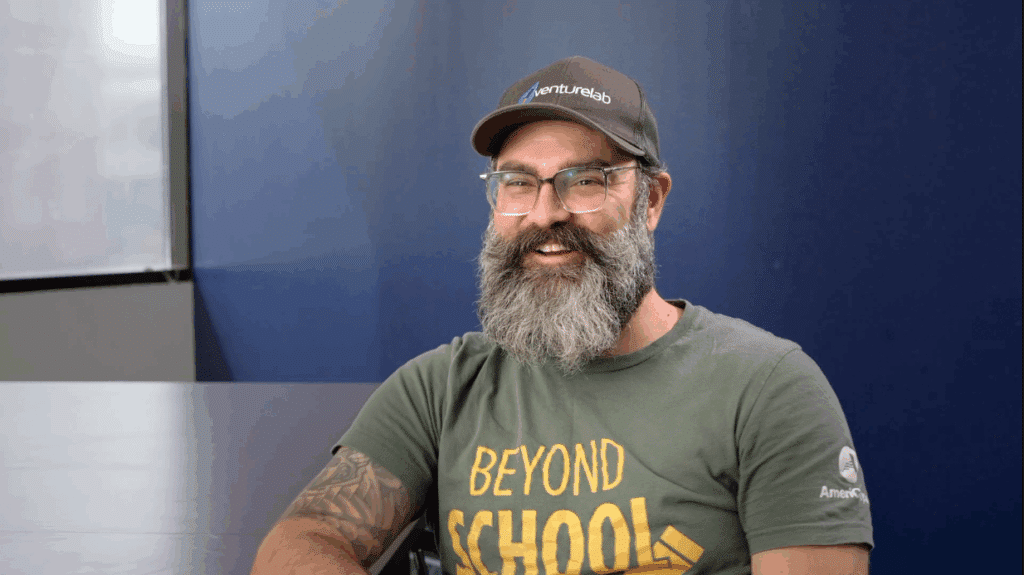
The Importance of Teaching Grit
Dr. Cristal Glangchai |
November 18, 2019

Grit is an essential element of the entrepreneurial mindset. It has two parts. One is resilience, a positive response to failure or adversity. The other is perseverance, a tendency to maintain interest and stay on task in the face of obstacles.
Grit means not enabling a pattern or habit of abandoning tasks just for the sake of change or because they’ve gotten tiresome. It’s about seeing things through and developing mastery, even though along the way the process can be uncomfortable, frustrating, discouraging, or even at times boring. Grit means picking yourself up if you stumble and being excited that you get to try again, this time knowing more than you did before.
It’s especially important that we teach students to have grit, to develop that toughness and resilience they need to move beyond adversity.
“Grit is passion and perseverance for very long-term goals. Grit is having stamina. Grit is sticking with your future, day in, day out, not just for the week, not just for the month, but for years, and working really hard to make that future a reality,” says psychologist and University of Pennsylvania professor Angela Lee Duckworth in a TED Talk, Grit: The Power of Passion and Perseverance. “Grit,” she adds, “is living life like it’s a marathon, not a sprint.”
Duckworth had left a job in management consulting to teach seventh graders math in a New York City public school, where she realized that intelligence wasn’t the only difference between her best and worst students. Some of her strongest students weren’t the smartest, and some of the smartest weren’t the best. What set students apart was grit.
“Talent doesn’t make you gritty,” says Duckworth, who went on to research grit and perseverance among students elsewhere. “Our data show very clearly that there are many talented individuals who simply do not follow through on their commitments.”
At VentureLab, we help our students learn to persevere through everything, including failure. VentureLab students learn not to let failures keep them from going wherever their interests or passions take them, and that failing can actually be an advantage. They see that it isn’t necessary or sometimes even possible to start out already being good at something.
All that’s required is that you brave failure—that you always have grit.
Want entrepreneurship resources and activities emailed to you each month? Join our monthly resource newsletter!



